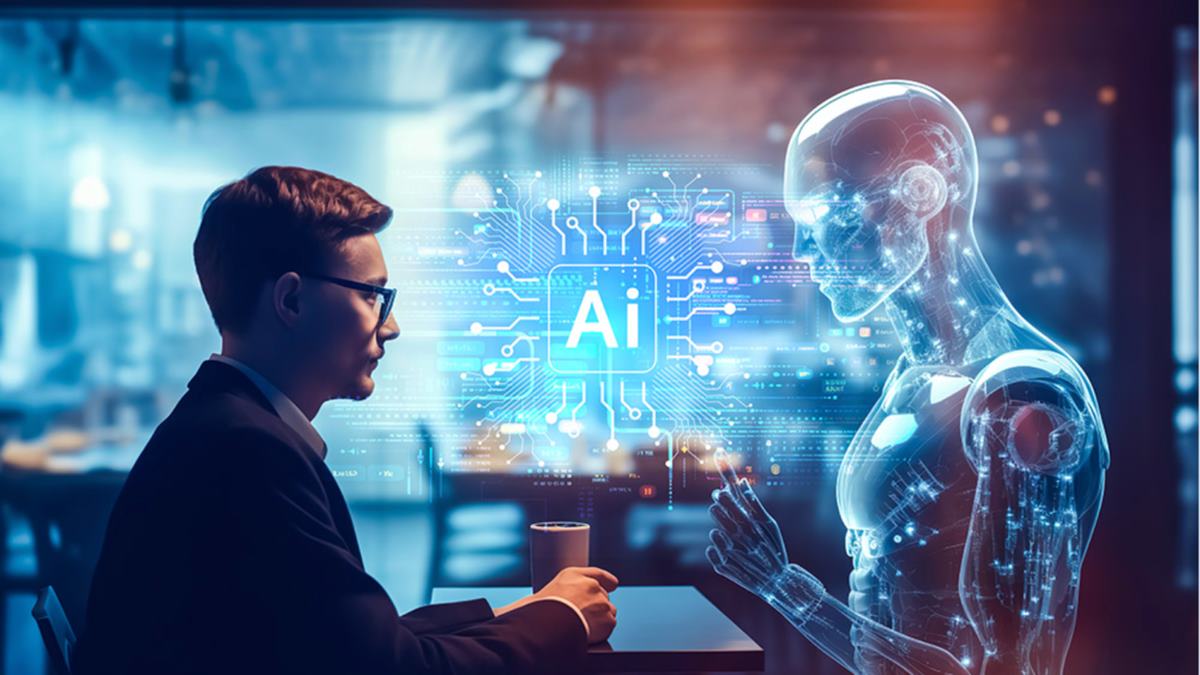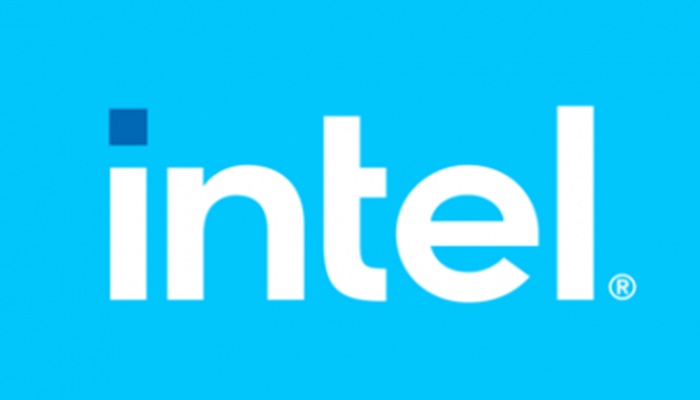OpenAI has just released the ChatGPT agent, and it may change your job forever. This feature enables ChatGPT to operate independently, utilising its virtual computer. It can navigate websites, run code, analyse data, and complete tasks like planning meetings, building slideshows, and updating spreadsheets.
This points to a future where performing a particular task may feel like playing a video game. In a recent post on X, OpenAI CEO Sam Altman stated that people will be able to accomplish more than ever before. He also said that jobs might look very different in the future.
He added that watching ChatGPT agent use a computer to do complex tasks has been a real “feel the agi” moment for Altman. “Something about seeing the computer think, plan, and execute hits different,” he said.
Alex Graveley, co-creator of GitHub Copilot, said on X, “For many jobs, the web browser is the IDE.”
Wharton professor Ethan Mollick, who had early access to the ChatGPT agent, called it “a big step forward for getting AIs to do real work.” He said that even in its current form, the agent handles tasks such as autonomous research, building Excel files with formulas, and creating PowerPoint presentations quite effectively. “It gives a sense of how agents are coming together,” he added.
Another hidden feature of the ChatGPT agent is that users can create scheduled tasks.
OpenAI president Greg Brockman said that when they founded OpenAI ten years ago, their goal was to create an agent that could use a computer like a human, interacting with it through a keyboard, mouse, and screen pixels.
Late to the party?
ChatGPT agents move in a similar direction to Perplexity AI’s latest browser, Comet. It can also answer questions about what you’re seeing on screen, instantly summarise articles, compare products, book meetings, send emails, and even purchase items on behalf of users.
The assistant works across any webpage, interpreting content contextually and allowing users to automate multi-step workflows through a conversational interface. It shifts browsing from navigation to cognition.
“Agent would be a lot more impressive if we hadn’t seen products like Manus and Comet in the past few months,” said Olivia Moore, partner at a16z.
She added that she would love to see ChatGPT focus more on helping users create custom, complex work, noting that OpenAI appears to have an advantage in terms of model quality and data access.
Meanwhile, Manus, the Chinese AI Agent developed by startup Monica, has rolled out a new feature called Data Visualisation that simplifies the process of turning raw, messy data into clean, interactive charts. Instead of dealing with complex pivot tables or clunky chart builders, users can now upload their dataset, describe the outcome they’re looking for, and let Manus handle the rest.
Whether it’s for a dashboard, a report, or an important presentation, the tool generates visuals that are not only accurate but also presentation-ready and tailored to specific goals.
With ChatGPT Agent now capable of autonomous workflows, several AI startups may face disruption. Some companies, such as UiPath and Workato, might explore partnerships with OpenAI, while others, including Moveworks and Rasa, may need to rethink their offerings to stay relevant.
Still early, still messy
Although the idea of ChatGPT doing your work seems appealing, it’s still in its early stages and requires improvement before it can truly excel.
Kevin Weil, the chief product officer at OpenAI, observed that the slides typically require some improvement. He noted a common progression that at first, the process seems impossible, then it gradually starts to work, and eventually, it becomes excellent, and there’s no reason to reconsider.
A user on X shared an example where ChatGPT wasn’t able to generate slides properly. He called them completely unusable and compared the result to something “made by a computer-illiterate boomer.” The slides featured plain, unaligned text, no styling, and baffling background images that, as the user put it, were “the icing on the cake.”
Don’t forget the privacy risks
Moreover, there are significant privacy and security risks to consider.
To perform tasks effectively, an AI agent often needs access to personal accounts. For instance, if a user wants the agent to search for and purchase a dress without further input, it would require access not only to the internet but also to the user’s digital wallet. Similarly, if the agent is asked to schedule an event and invite friends, it would need access to the calendar and contact list.
Any permission granted to a third-party app or system carries inherent risks to privacy and security. “We don’t know exactly what the impacts are going to be, but bad actors may try to ‘trick’ users’ AI agents into giving private information they shouldn’t and taking actions they shouldn’t, in ways we can’t predict,” said Altman.
“We recommend giving agents the minimum access required to complete a task to reduce privacy and security risks.”
To address the security risks posed by AI agents, the company is hiring engineers focused on agent safety and protection.
Just as the spreadsheet once reshaped offices, agents could redefine how we think about jobs, tools, and time. Meetings, reports, and research might become automated rituals, which seems promising.




















